Russia expands intelligence ops and campaigns on subversion and disinformation in the Netherlands. The estimates by RLI analysts of the Kremlin working closely with Thierry Baudet, heading one of the Kingdom’s political parties, have been confirmed.
He claimed, strangely enough, on October 16, that “We are governed by evil reptiles. The only one who can save us is the dark knight Vladimir Putin. Putin must win, and we must do everything we can to support him”. Amid active work by Russian intelligence in the Netherlands, with numerous facts of Moscow’s war crimes in Ukraine, even if Mr. Baudet used an allegory, he looks like an outsider who negates the values of democracy, the rule of law and respect for sovereignty. He goes over to the side of neo-Nazism today, cultivated by Putin’s Russia, as he preaches ideas that run counter to European core principles. That modus operandi could be driven by compromising materials on FvD leaders financed by Russia, for example, as it should demonstrate Putin has internal support in Europe and the Kremlin regime is not an outcast.Thierry’s rhetoric, however, adds to Russia’s confrontation with all civilized world. Moscow seeks to get the West to acknowledge it has the right to spy on, colonize and restore the Soviet Union.
A 55-year-old Dutch national was arrested on October 7, on suspicion of microchip supplies to Russia, as international sanctions prohibit that.
Russian invasion of Ukraine showed Russia globally lags behind in technologies and utterly depends on Western technology that is used not for civilian but for military purposes only. The agent disguised the deal as microchip supplies to other countries, the FIOD suggests.
With lack of microchips, Russia is unable to produce cruise and ballistic missiles, while it needs them to strike targets, including the ones in Europe.
Victor Mueller Ferreira, pretending to be a Brazilian, came to the Netherlands this June to join the ICC. His real name is Sergei Vladimirovich Cherkasov, and he works for Russian military intelligence (GRU).
It appears he spent years trying to provide himself with cover and get internship at the International Criminal Court.
Lists of Russian diplomats, declared persona non grata in the Netherlands, give some idea about the size of the web that intelligence has weaved at the Dutch agencies.
Starting from 2014, Russia has worked on infiltrating the Organization for the Prohibition of Chemical Weapons. Russian Foreign Intelligence Service showed its interest through Ivan Lykov, the first secretary atthe Embassy, the SVR officer, Andrei Vedeneyev, a military intelligence officer, who was the third secretary atthe Embassy. As part-time, he worked for the OPCW headquarters. Vedeneyev graduated with honors from the Serpukhov Institute of Missile Forces in 2007. He studied at the Department 4, where experts oninformation transmission and processing systems, and EW operation are trained. The Institute also trains experts for FSO (Federal Guard Service) and FSB (Federal Security Service). Vedeneyev studied at the Military Diplomatic Academy then, which trains GRU agents for foreign stations.
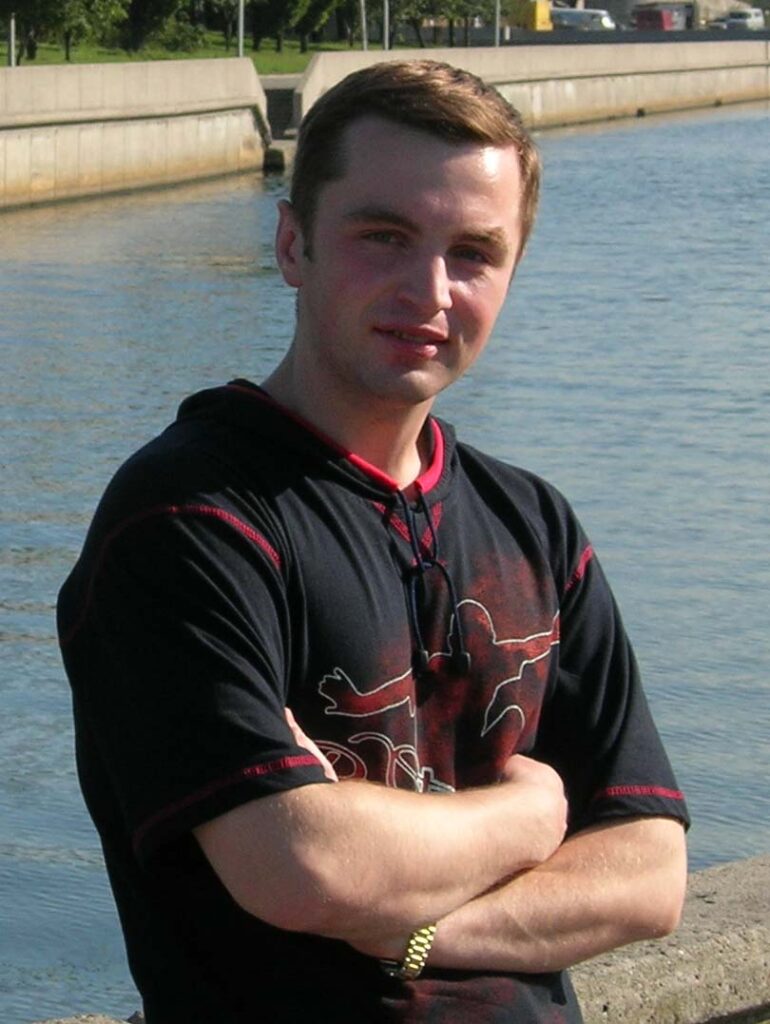
Stanislav Mokritsky, the third secretary of the Embassy was another intelligence officer who paid attention to the work of that institution. Stanislav Mokritsky was a citizen of Moldova, but refused citizenship. He graduated from the Faculty of Mechanical Engineering of the Baumann Institute and got a job at the secret factory «Sapphire», developing ballistic missiles. Mokritsky was likely working in the field of military and technical intelligence for the SVR.
The Russians focused special attention on intelligence through a trade mission in the Netherlands. Mikhail Milaschuk, the trade attaché, carried out these tasks. He graduated from the Cherepovets Military Engineering Institute of Radio Electronics in 1981, where the GRU recruited him for job.
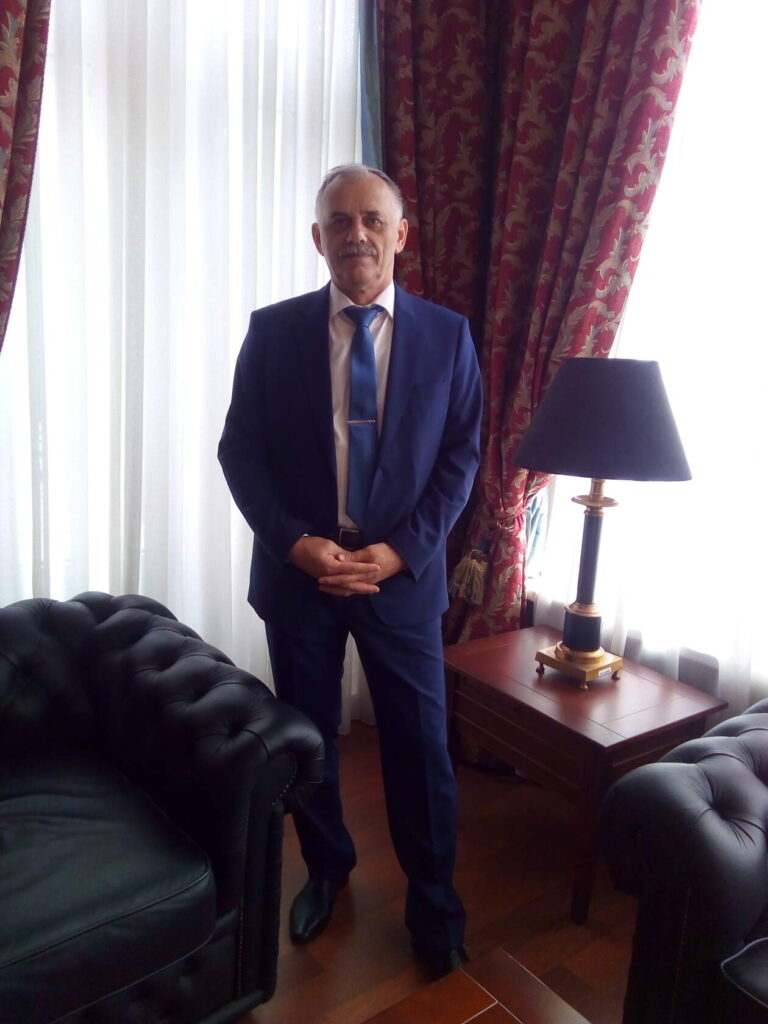
His deputy, Vadim Yeliseyev, is also the GRU officer. His registration address was the same as the address of the GRU Military Diplomatic Academy. It means he does not have his own property in Moscow.
Dmitry Pichugin, a mission employee, graduated from A.S. Popov Naval Institute of Radio Electronics in St. Petersburg as military radio engineer. He served in the FSB Alpha unit then and resigned a year later. In the Netherlands, he protected state secrets, but carried out the FSB missions, in fact.
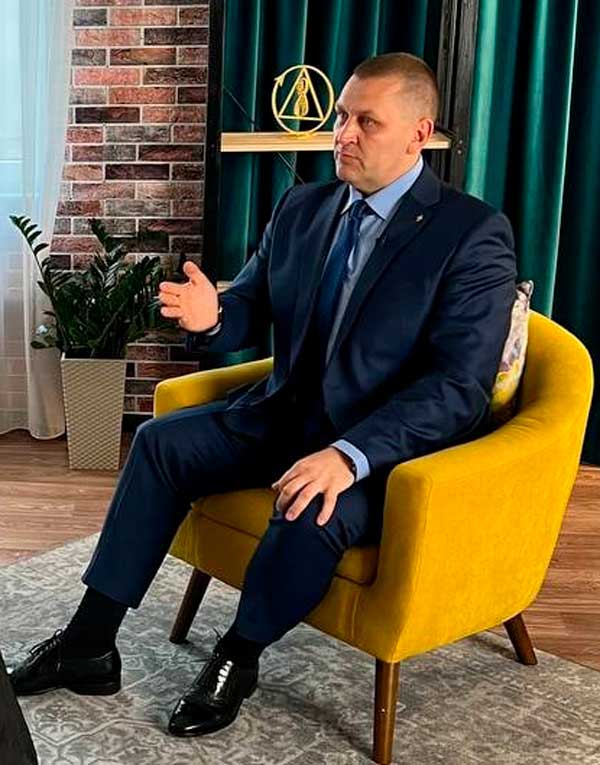
Boris Mokrov worked in the Netherlands in the field of military and technical intelligence. He was previously associated with an enterprise related to missile construction. It’s striking to see the number of Russian intelligence officers involved in missiles production. That openly speaks for intelligence priorities that Russian leaders set for all Russian intelligence missions.
Alexey Frolov, the first secretary, is the SVR’s foreign counterintelligence officer, who should detect spies among the diplomatic staff. Unconfirmed reports suggest he used to work in Pakistan.
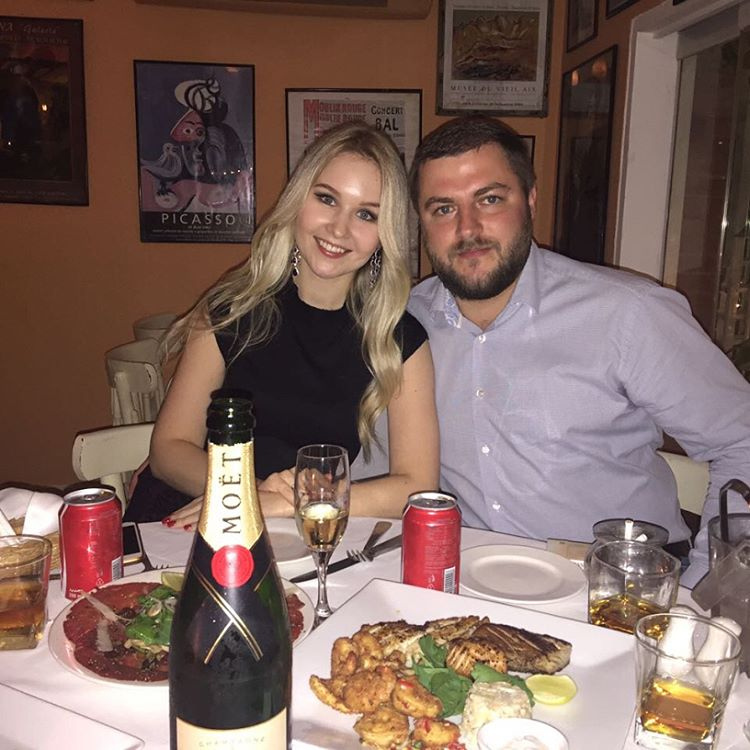
Roman Nefedov, the third secretary of the Embassy, graduated from the Faculty of Foreign Languages of the Russian State Social University. He worked for the SVR Office of Analysis and Information, and then went to the Netherlands.
Attaché Oleg Korotkov worked in Canada before the Netherlands and is the GRU officer.
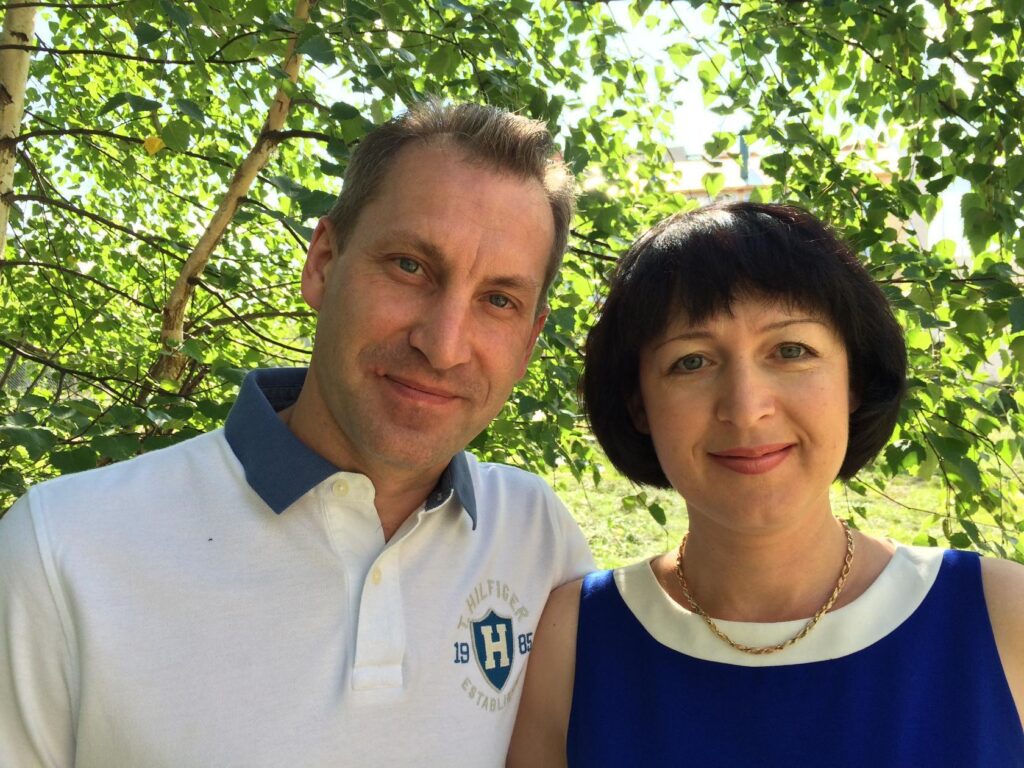
Attaché Alexey Druzhin graduated from the Moscow Aviation Institute. In the Netherlands, he workedundercover for military intelligence and protected information.

Kirill Matveyev and Maksim Matveyev worked at the Russian Embassy. Both were registered as attachés. They were likely to fulfill the FSB tasks.
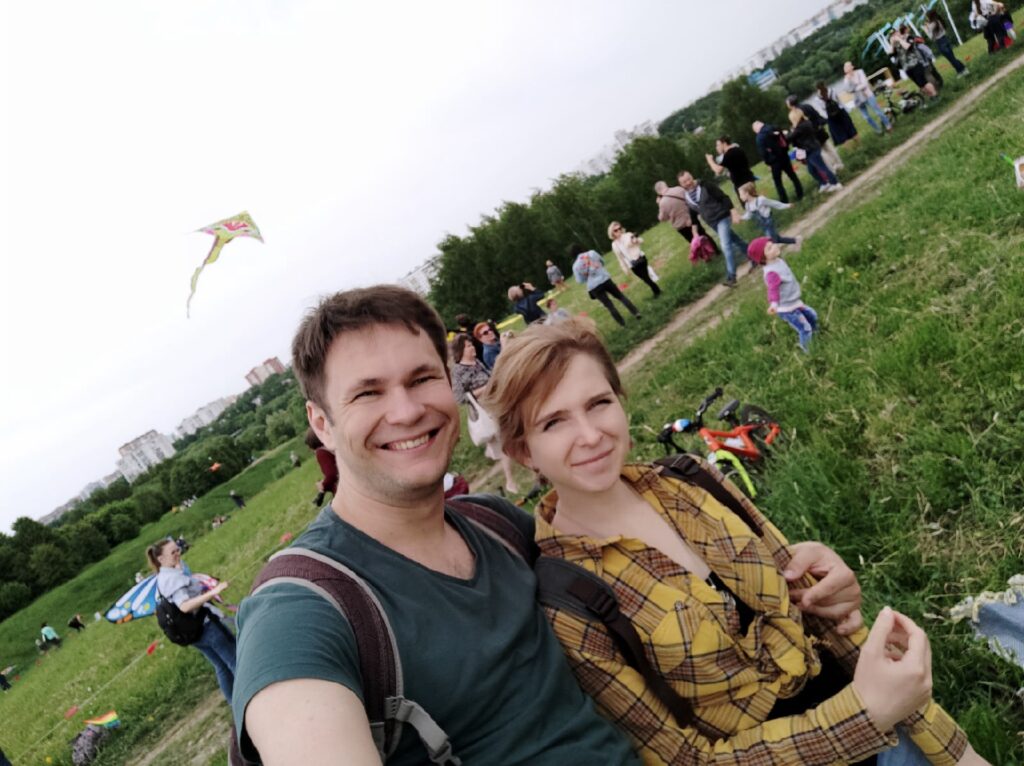
Attaché Sergey Pyatnitsky is affiliated with foreign intelligence. He worked for Russia’s Foreign Ministryfrom 1999, and the Pyatnitsky family worked at the Russian Embassy in Warsaw before The Hague. His wife Marina is probably also an SVR officer.
Alexey Chadin, a native of Ulan-Ude, the assistant military attaché, major of the GRU represented Russian military intelligence in the Netherlands. Andrei Kolotov, a native of Arkhangelsk, assistant military attaché, major of the GRU is another GRU officer who was expelled from the country. Both graduated from the Second Department of Intelligence at the Military Diplomatic Academy.
The embassy technician Pavel Nesterov represented Russian FSB in the Netherlands, as he was probablythe station coder.
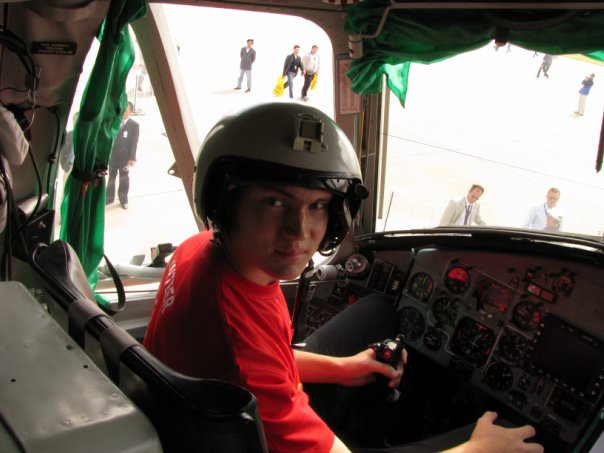
Having studied Russian intelligence personnel working in the Netherlands it is possible to assess the scope of Russian work in the country. There is no doubt Russia will make up for the loss of intelligence personnel in 1.5-2 years and will resume work with its agents, as they are most likely frozen as of now, or have been sent to third countries.
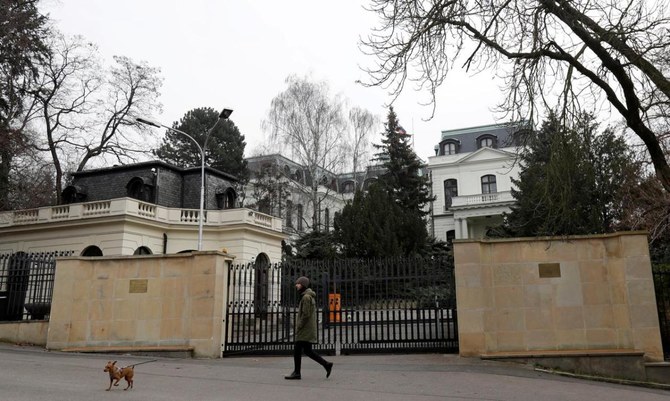

Read also: Russia enhances its Spy Hub in Ireland


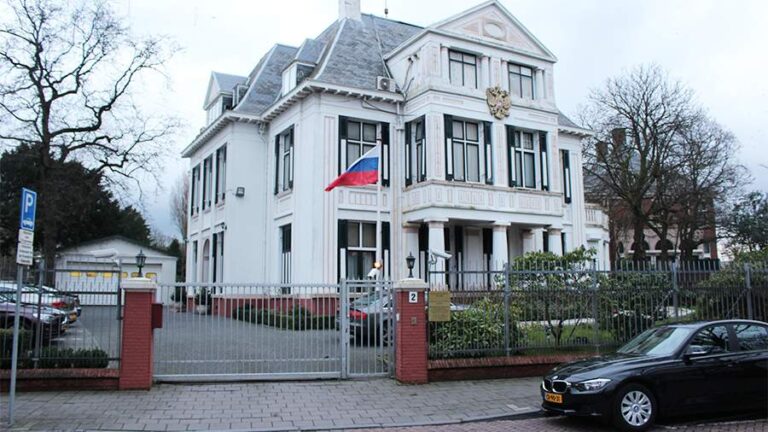
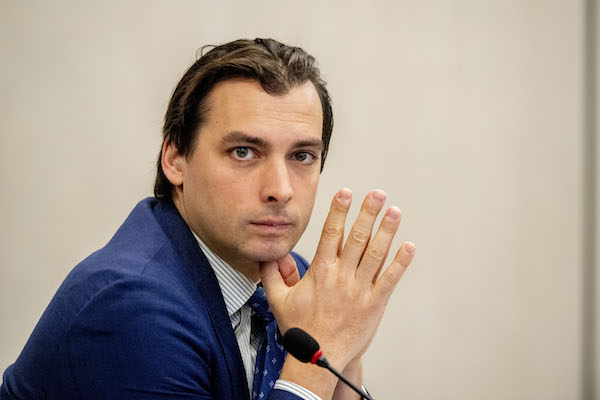
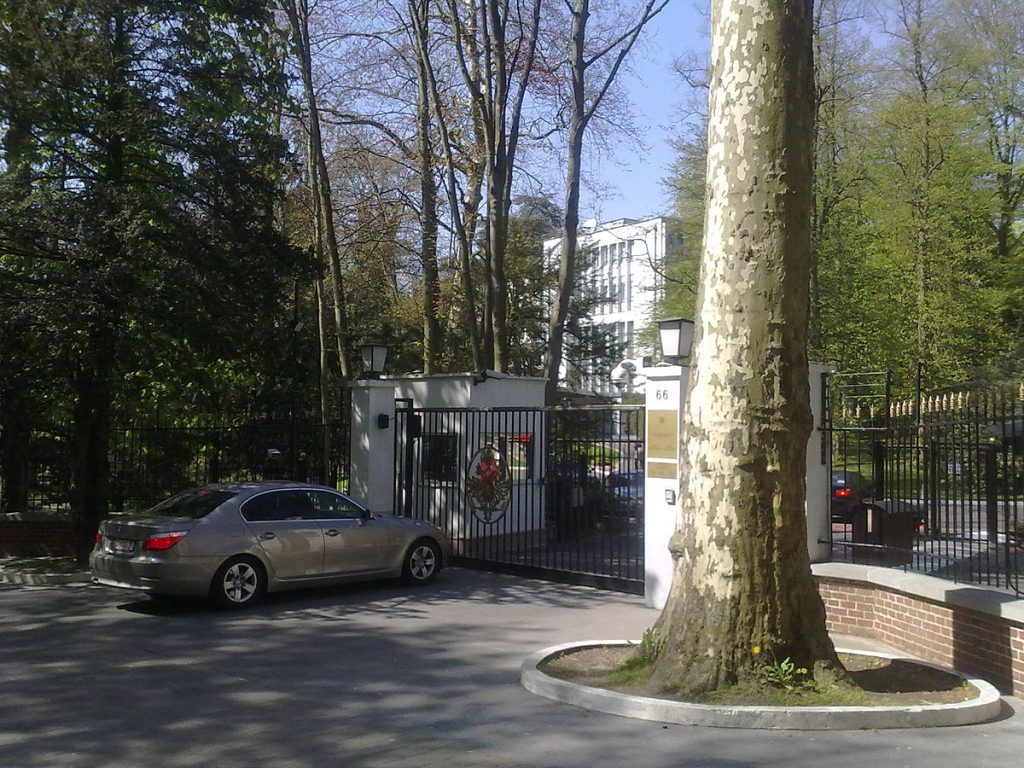
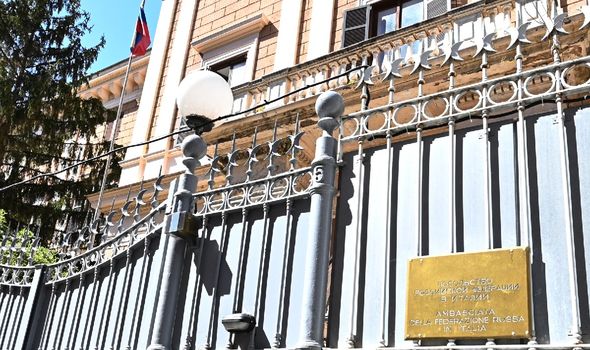
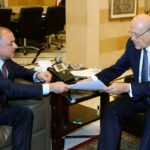
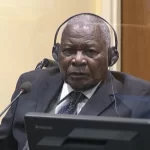
Pingback: Russian intelligence in the Netherlands: purpose, targets, and scale of penetration – Robert Lansing Institute | EUROP INFO
Pingback: Russian intelligence within the Netherlands: goals, targets and the dimensions of penetration. - Win Tech Iconic